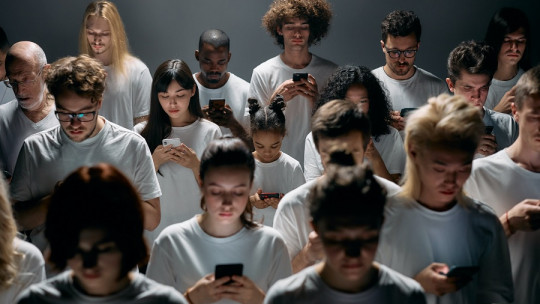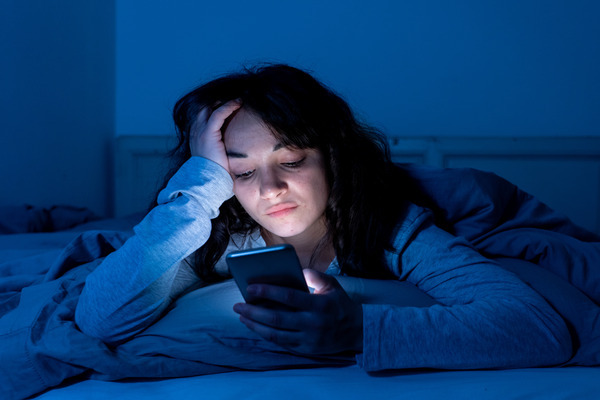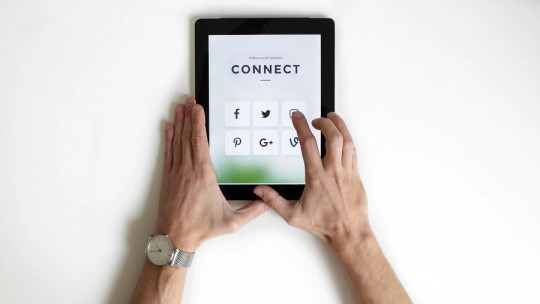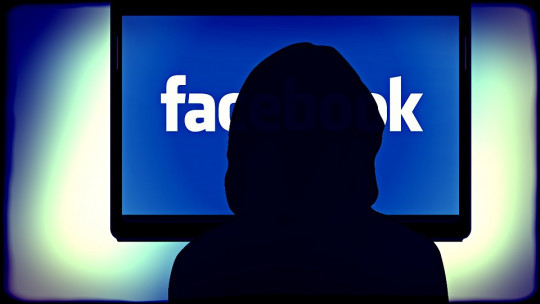
What is the first and last thing you do in the day? About 20 years ago, the answer to this question would have been very different than what a large number of people would give today.
For starters, no one would have answered “look at social media on your cell phone” in 2002. But they would these days, especially young people and adolescents, many of whom do not remember a life without a smartphone
Smartphones provide us, almost unlimitedly, with a large amount of stimuli that can make real life seem, a little, unfunny.
It is not unusual to see people who They prefer to look at their social networks when other people talk to them (a phenomenon known as “phubbing”), when they are at work or family meetings, at religious events, at funerals… Or even when they are driving.
If you identify with any of these behaviors that I have been naming, it is possible that you are suffering from what is known as FOMO syndrome.
What is FOMO Syndrome?
FOMO, for its acronym in English “Fear Of Missing Out” is a syndrome that has become popular over recent years in the specialized mental health literature.
It is, according to Franchina et. al., of those feelings of anxiety that arise from thinking that other people may be or have enjoyed certain enriching experiences of which one is not a part
By giving us unlimited access to other people’s posts on social media, many fall into the trap of constant comparison with them. And what is worse, one is comparing one’s “gray” and “sad” life not with the real lives of others, but with what they decide to show or project, so we do not have access to a real vision of other people’s experiences either. .
Someone can brag on Instagram about their wonderful vacation, about how much fun they had with their friends, but they can hide that perhaps it rained every day or that the group of friends that seems so close, in reality, did not get along so well during that vacation. week on the beach, nor is he so united on a day-to-day basis. Even if they decide to show the opposite.

The psychological impact of FOMO
FOMO has been noted by some authors, such as Haidt and Allen, as one of the main reasons that explain the compulsive use of social networks and would explain, at least in part, the mental health crisis that has been experienced especially in adolescents and young people during the years in which access to these platforms became universal, especially in first world countries.
This syndrome is associated, according to Pérez-Elizondo, in addition to higher levels of anxiety, with depressive symptoms, frustration, an increasing feeling of loneliness and a greater amount of stress.
The problem is compounded by the fact that Those who suffer from it enter a kind of vicious circle: You feel great emotional discomfort from the fact that other people may be enjoying certain activities or experiences that you are not a part of. This causes them to be obsessively aware of their networks, to control whether this happens or not, which takes away the time and motivation necessary to live their own experiences, leaving the smartphone aside and focusing on carrying out more satisfying activities. in the long term.
Varchetta et. to the. They believe that it is very possible that FOMO is the main motivation for the uncontrolled use of social networks Although, according to Franchina and her colleagues, it would be more associated with platforms in which users share their daily lives through photos or videos (such as Instagram, Facebook or Snapchat) and not so much with others that are more private and less dependent on images, such as Twitter.
To do?
According to psychologist and researcher Jeanne Twenge, the use of screens (and even more so social networks) is associated with worse mental health, the opposite of what happens with carrying out outdoor activities or interacting in a social manner. more recurrent with people of flesh and blood. Twenge recommends to parents be aware of the negative effects that unlimited access to social networks can have
A study conducted by Hunt et. to the. in 2018, has shown that by reducing or eliminating the number of hours per day that participants spent on social networks, FOMO symptoms decreased considerably and improvements in general mental health could also be perceived. These results coincide with the hypotheses previously indicated about the effects of uncontrolled use of networks.
In this sense, an effective psychological treatment model for problematic use of social networks can be the one developed by Echeburúa and de Corral, which consists of two parts: a first phase of shock, where the subject completely abstains from using the networks for about three weeks, in order to decondition the behavior, and then moves on to a phase of gradual exposure where, progressively, the individual generates new habits of using networks in a controlled manner.
There is still much to discover to know the extent of the effects of networks on our mental health. As psychologists, it is important to help raise awareness in society about the consequences of certain behaviors, which we can identify as neutral or benign, but which may have a negative side.








